Hurricane Safety For Outdoor Enthusiasts
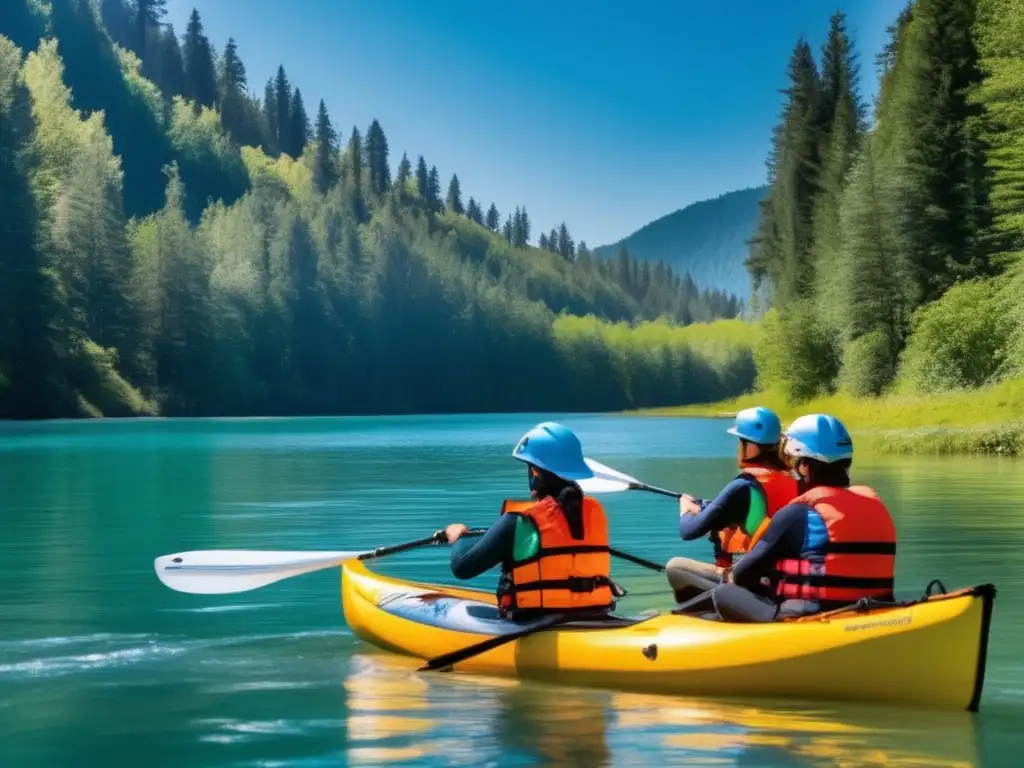
Hurricane Safety for Outdoor Enthusiasts
Introduction
If you love the outdoors, whether it's camping, hiking, fishing, or any other activity, you know that unexpected weather can ruin your plans. When it comes to hurricanes, the risks can be even more severe. The power of these storms can cause flash floods, landslides, and strong winds that can damage trees, buildings, and other structures. In this article, we will explore some essential tips that can help you stay safe during a hurricane while enjoying your favorite outdoor activities.
Preparing for a Hurricane
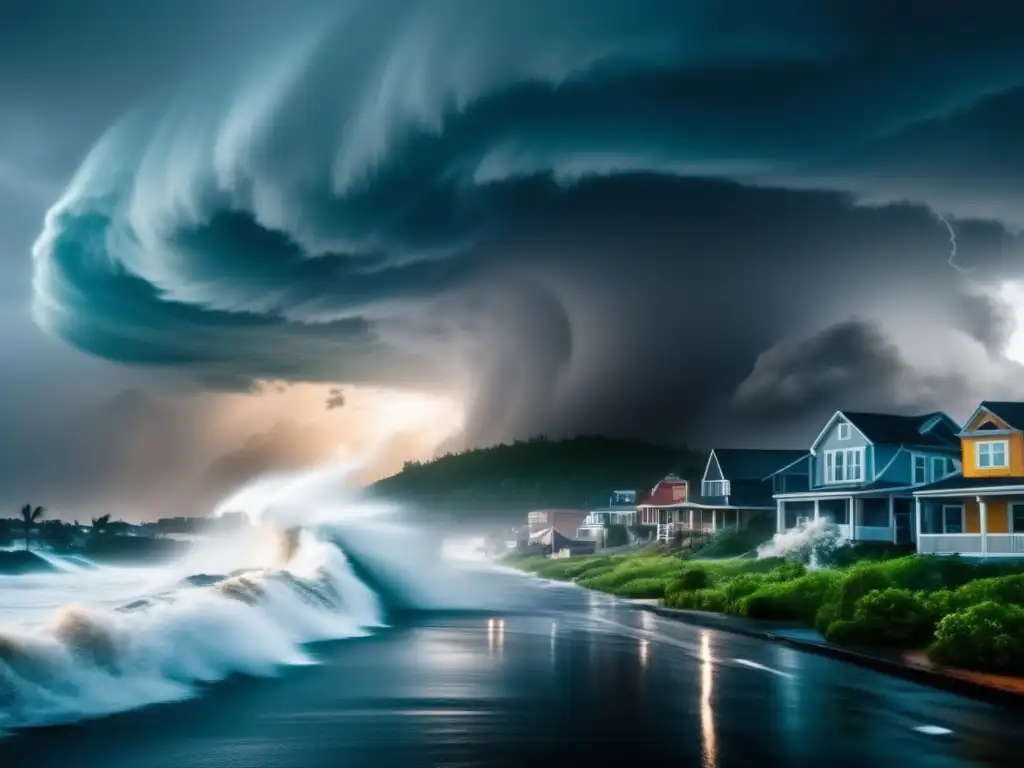
Create a Plan
Before you leave for your trip, make sure you have a plan in place in case of a hurricane. You should know the location of nearby shelters, evacuation routes, and how you will communicate with your loved ones.
Pack Appropriately
Pack items that can protect you from the weather, such as rain jackets, ponchos, and waterproof bags for your electronics. Make sure you have enough food, water, and medications to last at least three days in case of an emergency.
Stay Informed
Stay up to date on weather forecasts, and monitor the radio or local news stations for any evacuation orders or changes to the weather conditions.
Safety During a Hurricane

Find Safe Shelter
If a hurricane warning is issued, immediately seek shelter in a sturdy building. Avoid staying in tents or other temporary structures, as they are more vulnerable to high winds and flooding. If no shelter is available, move to higher ground and away from rivers, streams, and low-lying areas.
Avoid Waterways
Avoid crossing rivers or streams during a hurricane. The water level can rise quickly, and currents can be strong enough to make it difficult or impossible to cross safely.
Stay Away From Trees
During high winds, trees can be knocked down or have branches break off, which can cause serious injuries or death. Stay clear of trees, and move to an open area if possible.
Post-Hurricane Recovery
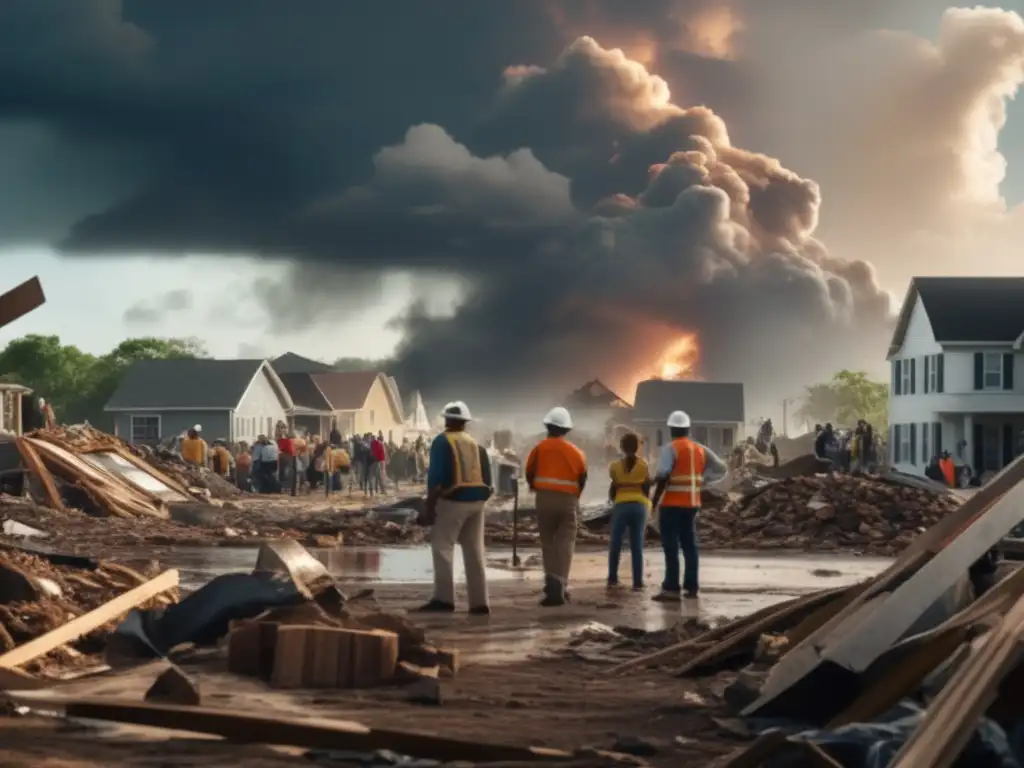
Be Cautious
After a hurricane, the risk of injury is still high. Be careful when walking around damaged or flooded areas, watch for any loose debris, and avoid standing water, as it can be contaminated with bacteria.
Assess the Damage
Before you start cleaning up, assess the damage to your area and prioritize what needs to be done first. Take photos of any damage to your property and share them with your insurance company.
Help Your Community
If you're able, help your community by volunteering at local shelters, donating supplies, or offering assistance to your neighbors. This can go a long way in supporting those who have been impacted by the hurricane.
Frequently Asked Questions
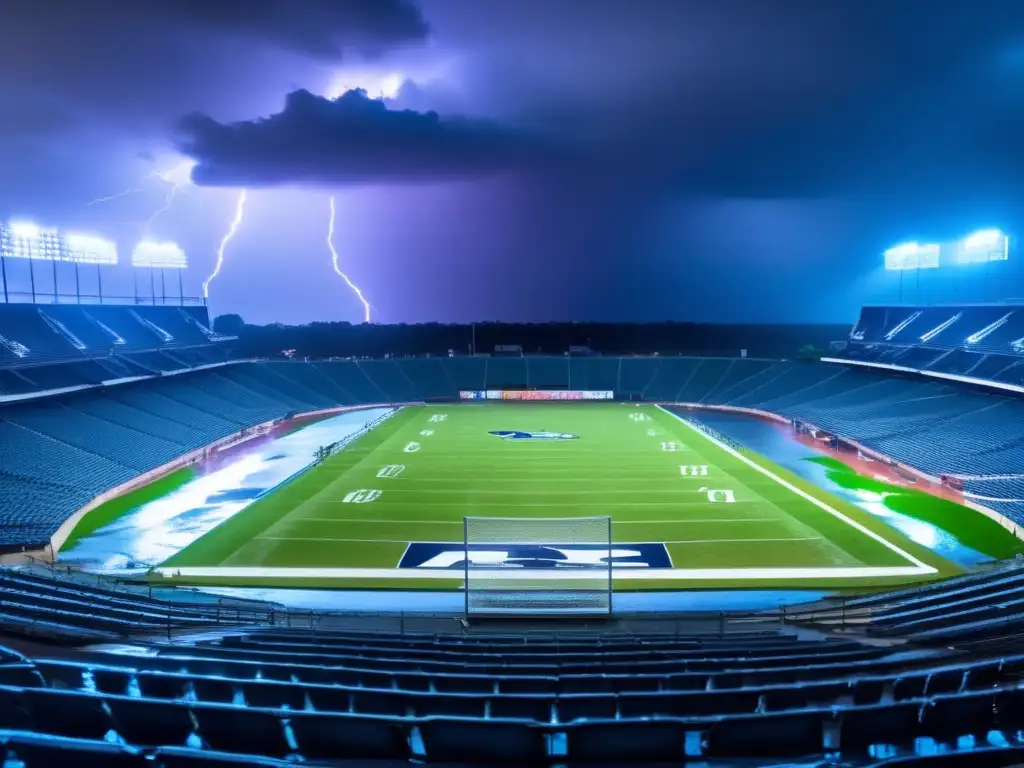
-
How can I stay safe during a hurricane while camping?
You should immediately seek shelter in a sturdy building, avoid tents or other temporary structures, and move to higher ground if no shelter is available.
-
What should I do if I get caught in a flash flood during a hurricane?
Don't try to cross the water, and move to higher ground as quickly as possible. If there is no higher ground, climb up a tree or another sturdy structure until the water recedes.
-
How can I help those affected by a hurricane?
You can donate supplies, volunteer at local shelters, or offer assistance to your neighbors.
-
What should I do if I lose power during a hurricane while camping?
Stay in your shelter and conserve your resources, such as water and food. Avoid using candles or any other open flames and instead use flashlights or battery-powered lanterns.
-
Where can I find more information about hurricane safety?
You can visit the National Hurricane Center's website for more information on hurricane preparedness and safety.
Conclusion
While hurricanes can be scary, they don't have to prevent you from enjoying your favorite outdoor activities. By knowing what to expect and taking the necessary precautions, you can stay safe and make the most of your time outside. Remember to create a plan, pack appropriately, stay informed, find safe shelter during the hurricane, avoid waterways and trees, be cautious during the recovery period, assess the damage, and offer support to your community.
Whether you're a seasoned outdoor enthusiast or someone who is new to the world of outdoor adventure, it's essential to be informed and prepared for any situation that may arise. At HurricaneInsider.org, we strive to provide you with accurate and reliable information that can help you stay safe and informed during hurricane season and beyond. Share your thoughts and experiences in the comments section, and don't forget to subscribe to our newsletter for the latest updates and news.
Additional Resources
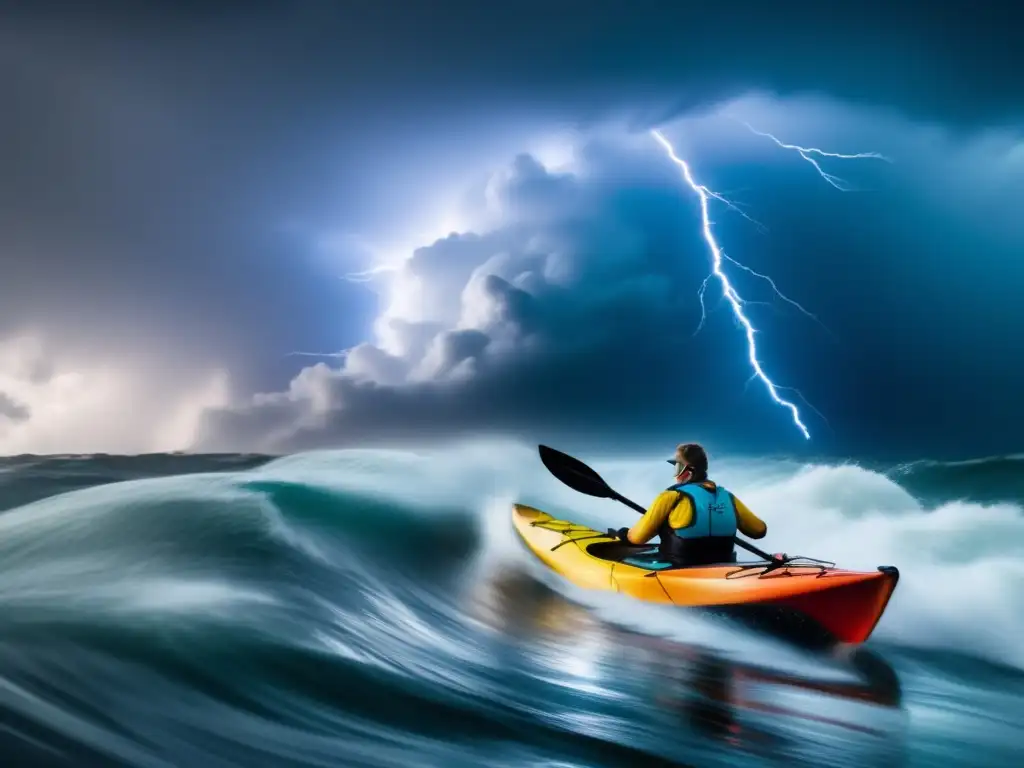
- National Hurricane Center: Prepare for a Hurricane
- Ready.gov: Hurricanes
- American Red Cross: Hurricane Preparedness
If you want to discover more articles similar to Hurricane Safety For Outdoor Enthusiasts, you can visit the Hurricane preparedness: category.
Leave a Reply



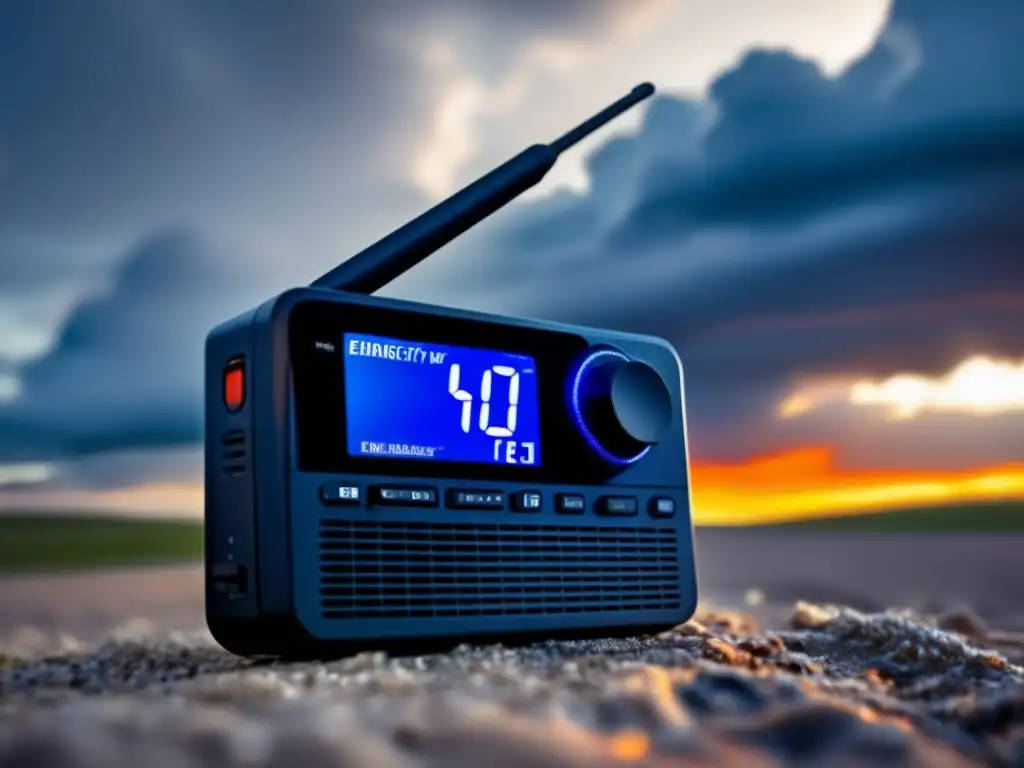
Articulos relacionados: